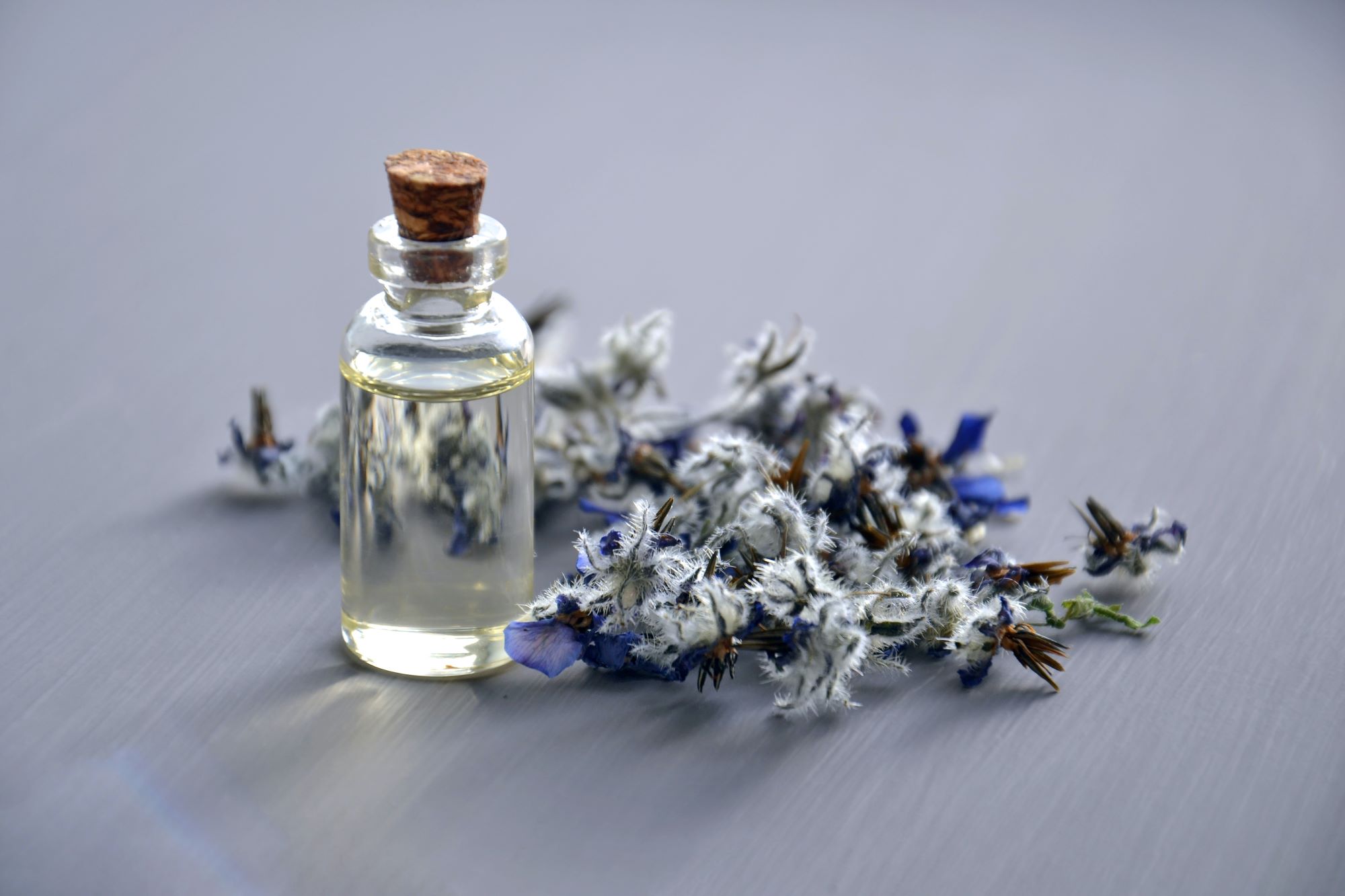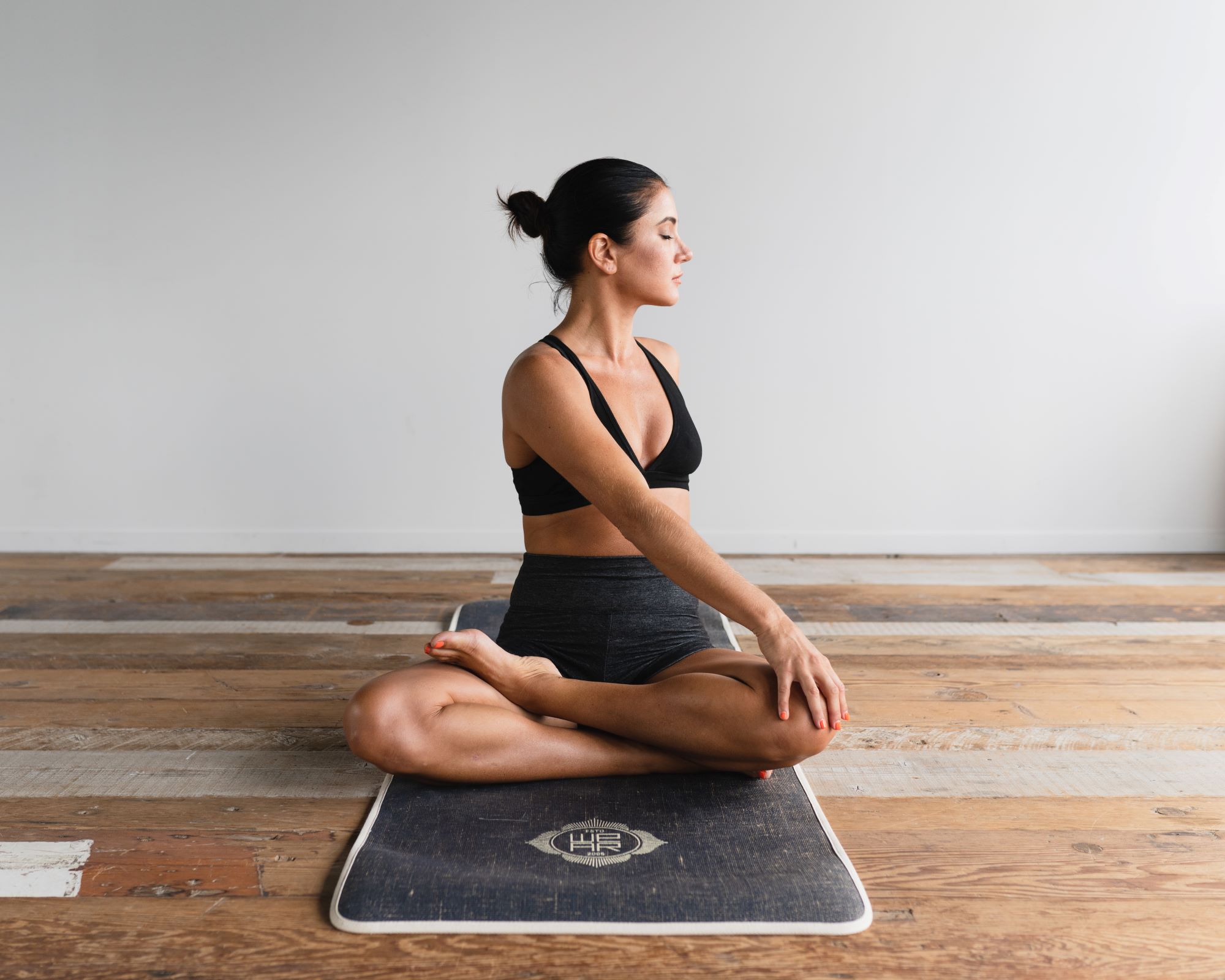The Health Benefits of Red Wine
The science has spoken. It may be beneficial to consume red wine, in moderation of course. Here’s some of the key benefits you should know about to feel better the next time you open up a bottle. May Protect Your Heart A recent review has linked drinking red wine to a lower risk of developing heart disease. The research however does not link the direct act of drinking with the potential effects. Drinking red wines may often be accompanied with a Mediterranean diet which could be contributing to the health benefits. Combats Inflammation Red wine contains micronutrient polyphenols such as resveratrol, anthocyanins, catechins and tannins. Particularly, resveratrol is found in other foods like grapes, peanuts, chocolate and berries. These compounds exhibit antioxidant and anti-inflammatory properties. Red wine consumption can also reduce insulin resistance and decrease oxidative stress. May Sharpen Your Mind Red wine also contains flavanols which may protect your body’s cells that support healthy blood vessels. This is a key physiological benefit to improve blood flow to the brain and prevent harmful plaque from developing. Some animal studies suggest resveratrol may prevent age-related memory decline. Promotes Longevity Long term population studies have linked moderate alcohol drinking to a longer life. It is possible to strengthen the effect of resveratrol with a balanced diet containing nutrient-dense foods such as those in a Mediterranean diet. It may be best to pair your favorite glass with a healthy meal. Mood Improvement A 2014 study found that people who consumed a glass of wine in an unpleasant environment experienced the same level of mood improvement as people in a more pleasant environment with no alcohol. As with any alcohol, it’s important to note the potential risks if consumed excessively. This may lead to liver damage, obesity, some types of cancer and stroke. The American Institute for Cancer Research says the less you drink the lower your risk for cancer. Some of these drinks may also have hidden liquid calories which can lead to weight gain. The American Heart Association advises no more than one to two drinks per day for men and one drink per day for women. Sources: Good Housekeeping





